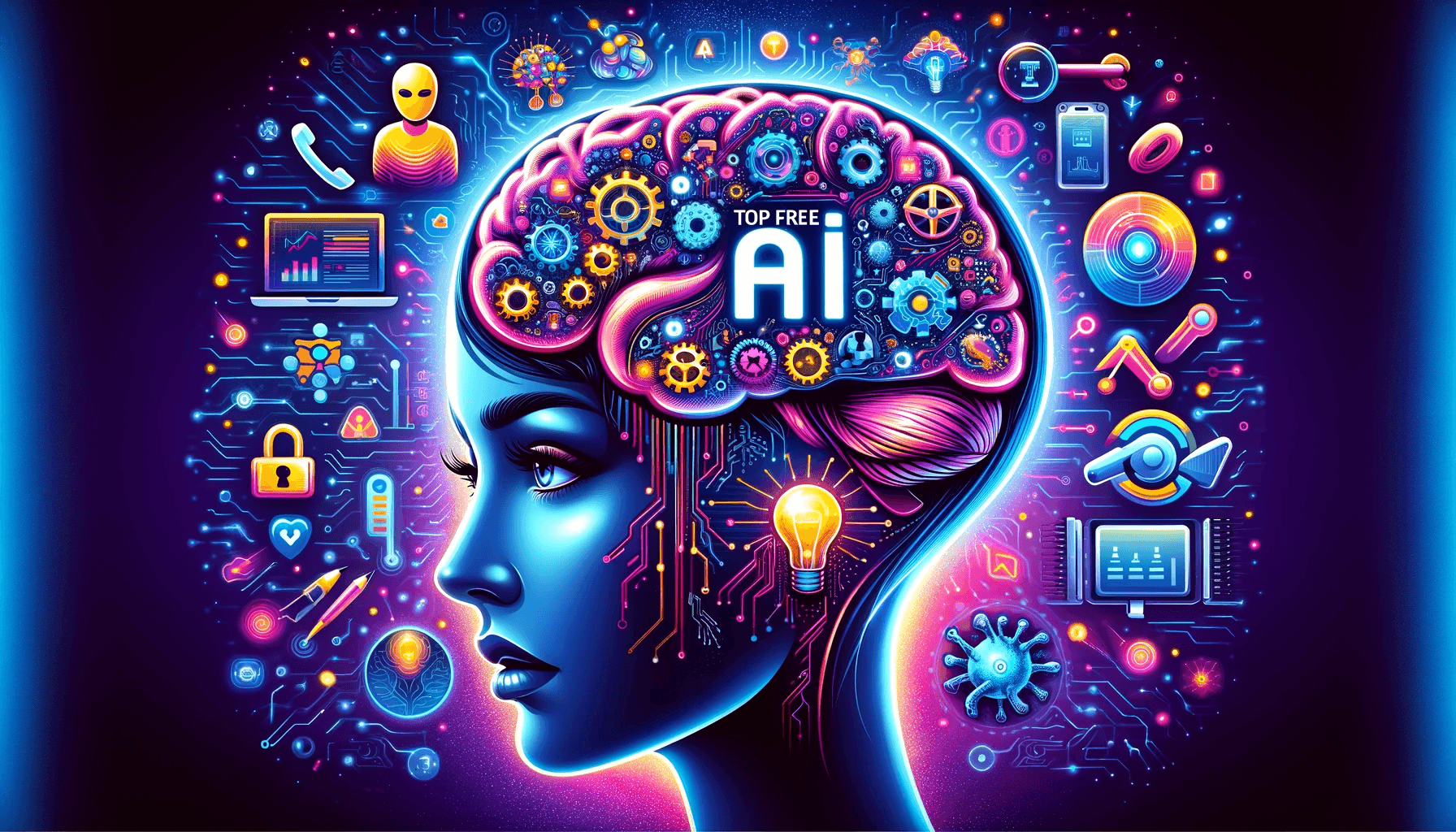Artificial Intelligence (AI) is transforming the writing world, offering writers new ways to generate ideas, improve productivity, and engage readers. As AI tools continue to evolve, staying updated on emerging trends is essential for writers who want to stay relevant and creatively empowered.
How Is AI Shaping the Writing Landscape?
AI in writing includes everything from grammar correction to full-scale content generation. Writers can now collaborate with intelligent tools that assist in brainstorming, drafting, editing, and even publishing, making the writing process faster and more dynamic.
Key Trends in AI for Writers
AI-Powered Writing Assistants
Tools like ChatGPT, Jasper, and Grammarly are becoming essential companions for writers. These assistants help with idea generation, sentence rephrasing, grammar correction, and tone adjustments—empowering writers to focus more on creativity and less on mechanics.
Content Generation and Outlining
AI can now generate detailed blog posts, story outlines, social media captions, and email campaigns from simple prompts. Writers use these tools to quickly sketch drafts, explore new angles, or beat writer’s block.
Personalized Storytelling
Advanced AI models are enabling writers to tailor content based on reader preferences. This trend is particularly relevant in marketing and entertainment, where dynamic storytelling adapts to user behavior and demographics.
Translation and Multilingual Writing
AI-powered translation tools like DeepL and Google Translate are improving rapidly, allowing writers to publish work in multiple languages without needing professional translators—broadening global reach.
Sentiment and Tone Analysis
AI can analyze emotional tone and suggest edits to align content with a desired mood or target audience. This helps writers fine-tune their voice for blogs, ads, or even fiction.
Script and Dialogue Generation
In film, gaming, and interactive media, AI tools assist writers by suggesting dialogue, creating branching narratives, or generating entire scenes based on plot input, accelerating the creative process.
Collaborative Creativity
AI is increasingly being used as a co-writer. Writers feed an idea or paragraph, and the AI continues or enhances the piece. While the final voice remains human, AI becomes a creative partner—pushing the limits of storytelling.
Considerations for Writers Using AI
While AI offers valuable support, it’s important to maintain creative and ethical standards:
- Originality Matters: Don’t rely entirely on AI-generated content; use it as a springboard, not a substitute.
- Fact-Checking Required: AI tools can make factual errors—always verify key information.
- Voice and Authenticity: Ensure the final content still reflects your unique writing style and perspective.
Conclusion
AI is becoming a powerful ally for writers—streamlining the creative process, enhancing productivity, and unlocking new narrative possibilities. As technology continues to advance, the most successful writers will be those who embrace AI tools while preserving the essence of authentic, human storytelling.







Leave feedback about this